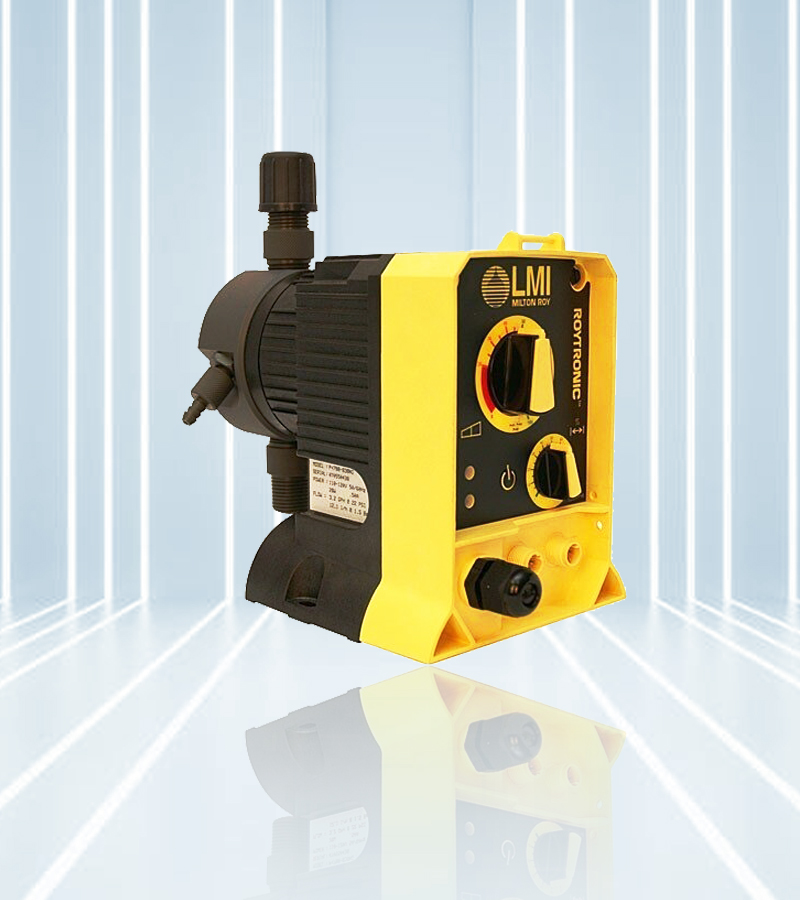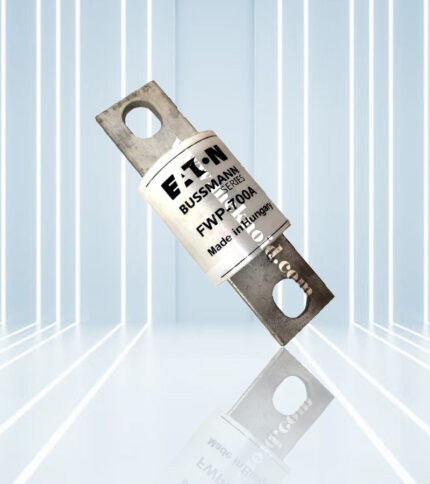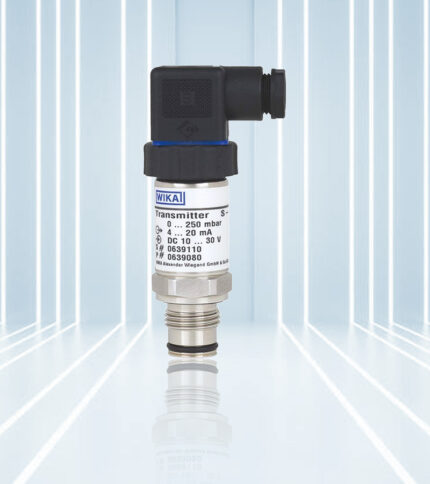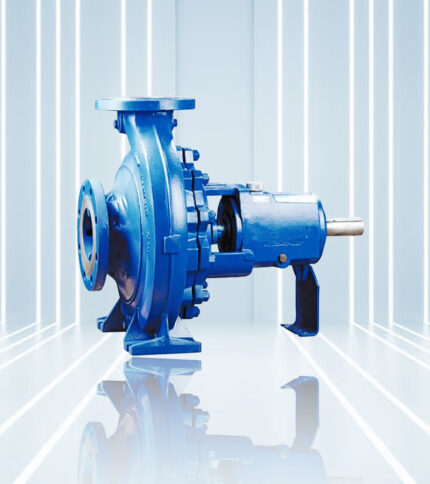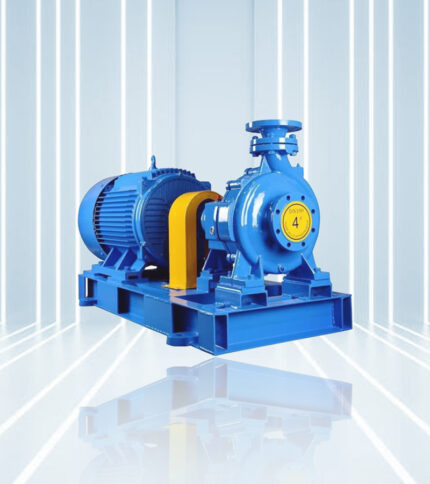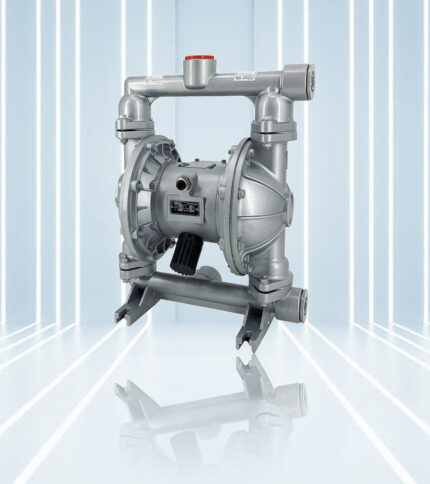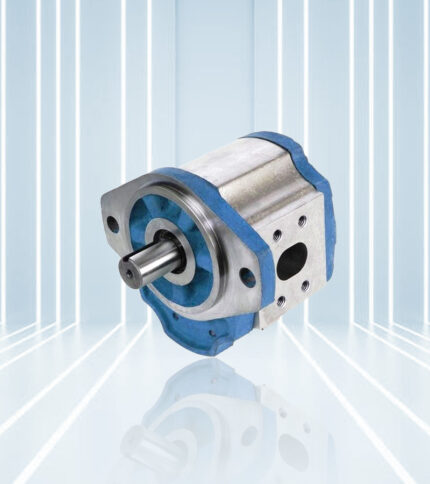Description
Dosing Pumps are essential equipment used in various industries for the precise and controlled dosing of chemicals, additives, and other fluids. These pumps offer accurate delivery of fluids in a wide range of applications, including water treatment, chemical processing, pharmaceutical manufacturing, food and beverage production, and agriculture. The operation of Dosing Pumps involves the controlled displacement of fluid with each stroke or rotation of the pump mechanism, ensuring consistent and repeatable dosing regardless of variations in pressure or viscosity. These pumps are equipped with adjustable dosing rates, stroke lengths, and control features, allowing for precise customization of dosing parameters to match specific process requirements.
One of the key advantages of Dosing Pumps is their versatility and compatibility with a wide range of chemicals and fluids. They are constructed from chemically resistant materials such as PVC, PVDF, and stainless steel, ensuring compatibility and resistance to corrosion, abrasion, and chemical attack. Dosing Pumps offer several features that enhance their reliability and performance, including leak-free operation, low maintenance requirements, and integrated control systems. They are designed for easy installation, operation, and maintenance, with user-friendly interfaces and intuitive controls. With their precise dosing capabilities, reliable performance, and versatility, Dosing Pumps provide a cost-effective solution for accurate chemical dosing in various industrial and commercial applications. Whether you need to add chemicals in water treatment processes, pharmaceutical formulations, food and beverage production, or agricultural applications, our Dosing Pumps deliver the performance and reliability you need to optimize your dosing processes with confidence.
Benefits
- Precision Dosing: Dosing pumps offer precise control over the flow rate, allowing for accurate dosing of chemicals, additives, or other fluids in various industrial and commercial applications.
- Versatility: These pumps are versatile and can handle a wide range of fluids, including corrosive chemicals, acids, alkalis, and viscous liquids, making them suitable for diverse dosing applications.
- Efficiency: Dosing pumps provide efficient fluid transfer with minimal wastage, ensuring optimal utilization of chemicals and reducing operational costs over time.
- Automation: Many dosing pumps are equipped with advanced automation features such as programmable dosing schedules, remote monitoring, and feedback control systems, enhancing process efficiency and productivity.
- Reliability: With their robust construction, precise dosing capabilities, and minimal maintenance requirements, dosing pumps offer reliable performance and long-term operation in critical dosing applications.
Technology
- Positive Displacement: Dosing pumps operate on the positive displacement principle, where a fixed volume of fluid is displaced with each stroke or rotation of the pump mechanism, ensuring accurate dosing regardless of variations in pressure or viscosity.
- Solenoid Control: Some dosing pumps utilize solenoid valves to control the flow of fluid, allowing for precise dosing and on-demand delivery of chemicals or additives.
- Peristaltic Action: Peristaltic dosing pumps use rollers or shoes to compress a flexible tube, creating a series of positive displacements that deliver precise doses of fluid without contacting the pump mechanism, ensuring contamination-free dosing.
- Variable Speed Control: Certain dosing pumps offer variable speed control options, allowing for precise adjustment of dosing rates to match specific process requirements and optimize efficiency.
- Digital Control Interfaces: Advanced dosing pumps feature digital control interfaces with touchscreen displays, user-friendly menus, and programmable dosing profiles, enabling easy setup, operation, and monitoring of dosing parameters.
Reliability
- Robust Construction: Dosing pumps are built with durable materials and precision engineering, ensuring reliability and long-term performance even in harsh operating conditions and demanding environments.
- Chemical Compatibility: These pumps are designed to handle corrosive chemicals, abrasive slurries, and other aggressive fluids, with materials selected for compatibility and resistance to chemical attack.
- Leak-Free Operation: Dosing pumps feature leak-free designs with tight seals and gaskets, minimizing the risk of fluid leakage and ensuring containment of hazardous chemicals, enhancing safety and environmental protection.
- Low Maintenance: With few moving parts and simple design, dosing pumps require minimal maintenance, reducing downtime and maintenance costs over the pump’s operational lifespan.
- Overload Protection: Many dosing pumps are equipped with overload protection features such as thermal sensors and automatic shutdown mechanisms, preventing damage from overloading and ensuring safe operation.


